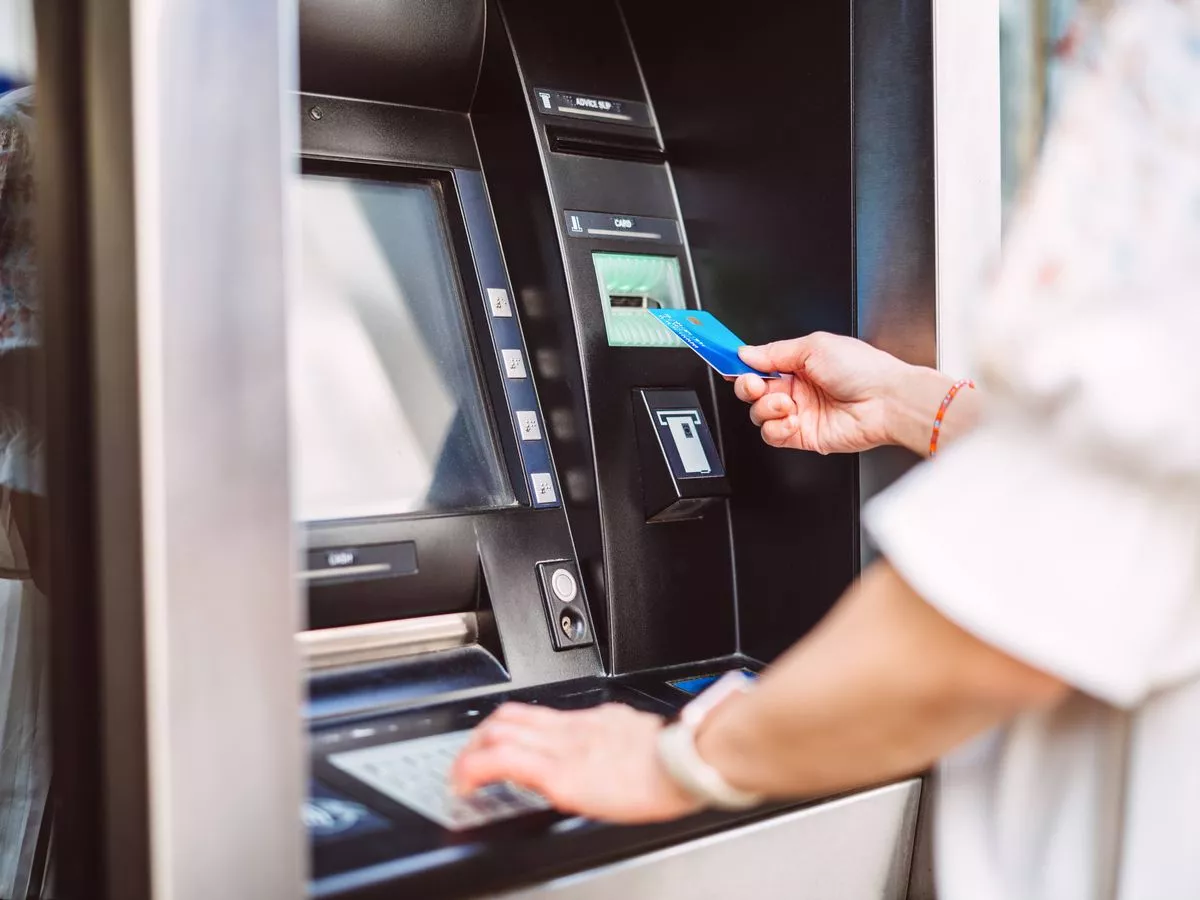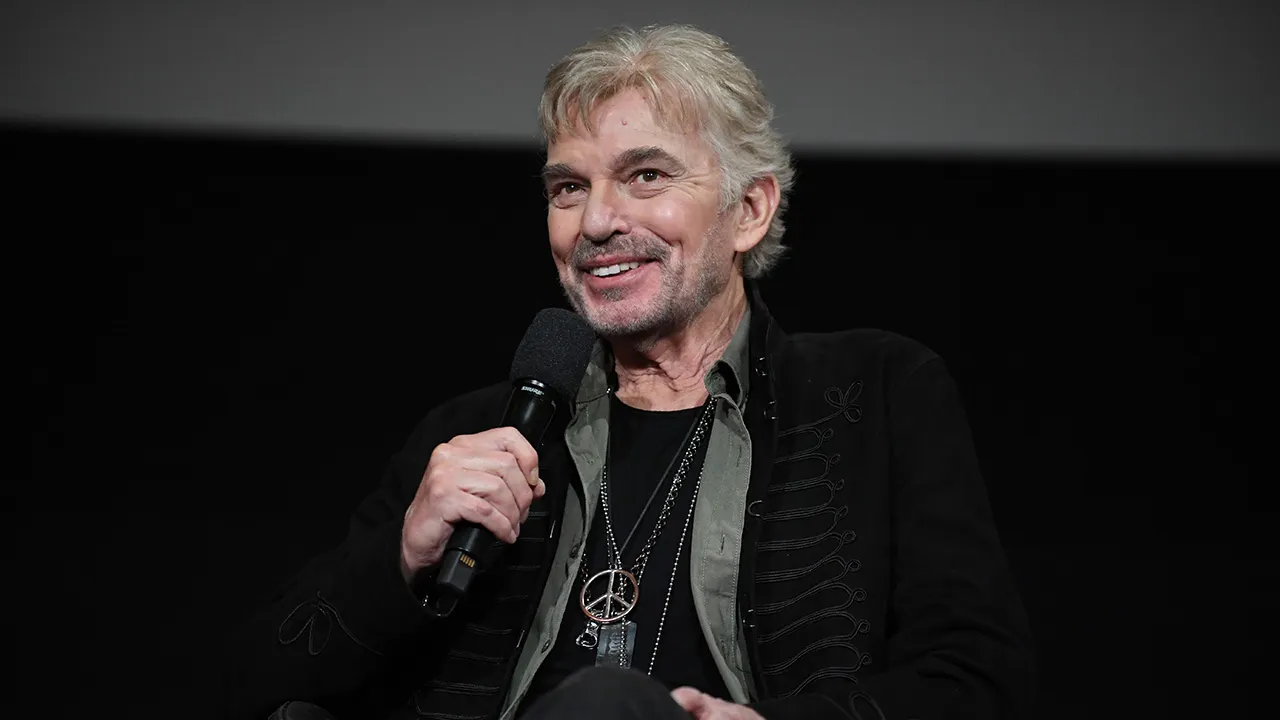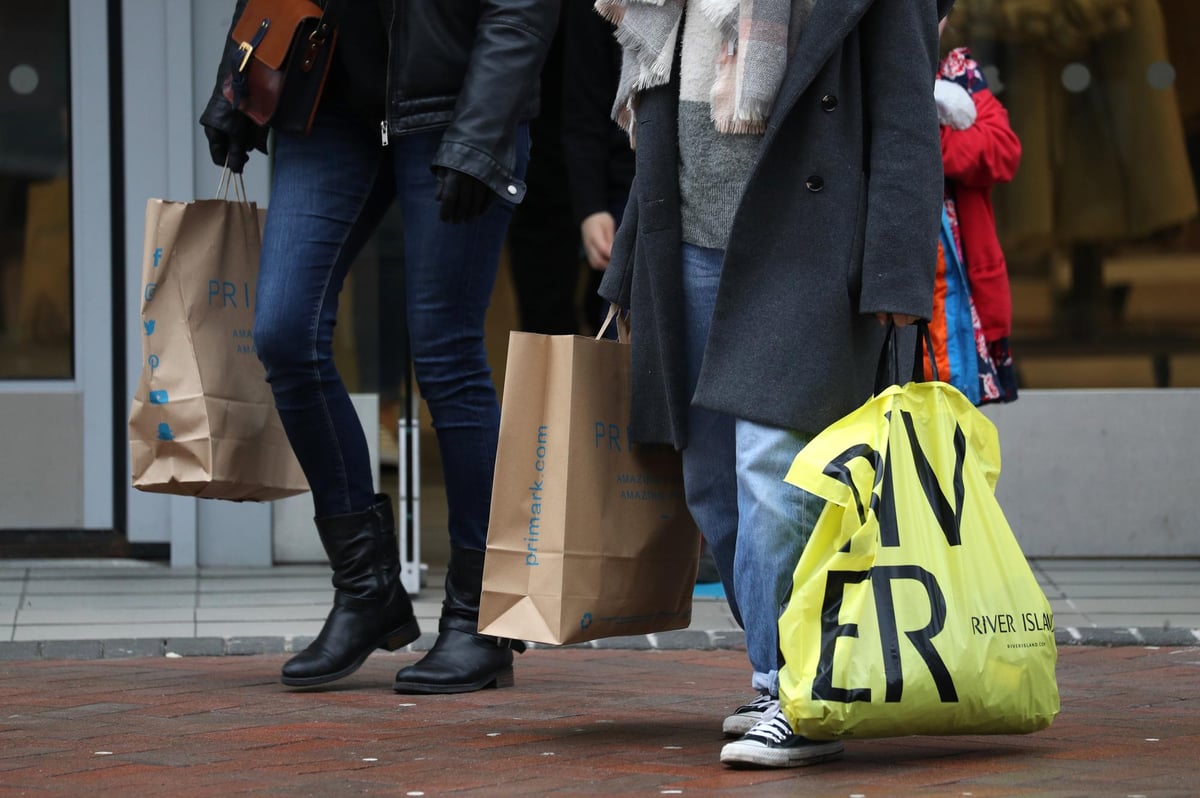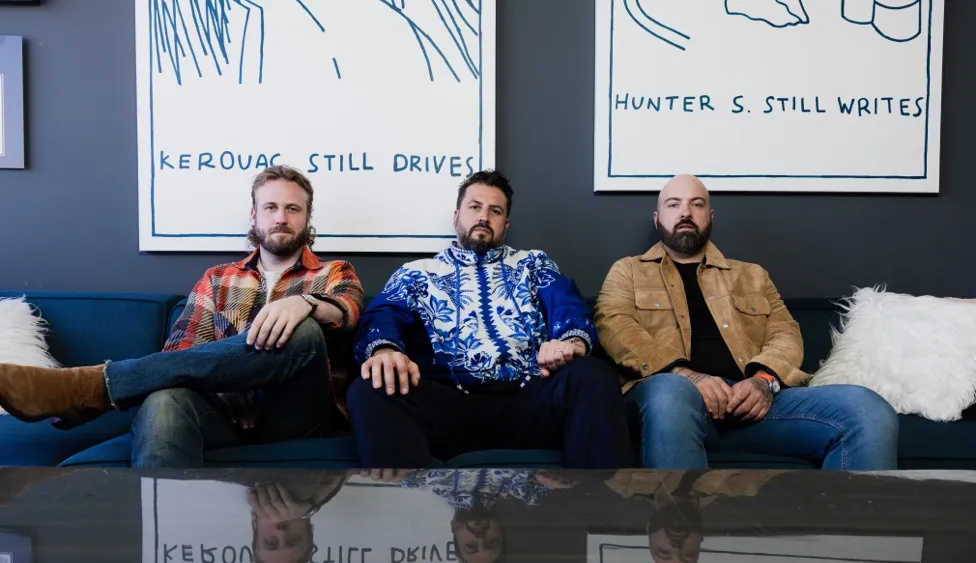Copyright walesonline

BBC Radio 4 Money Box Journalist, Dan Whitworth, has shed light on the circumstances under which HM Revenue and Customs (HMRC) can directly extract funds from individuals' bank accounts. Last month, HMRC issued a warning that it had begun to recover outstanding debts directly from debtors' bank accounts. During an appearance on BBC Morning Live, Whitworth explained the specifics of this process, admitting that it might sound 'alarming'. When asked if HMRC is permitted to do this, he responded: "Yes, but only under very specific circumstances. The power comes from something called Direct Recovery of Debts (DRD). The idea is to help HMRC recover tax debts from people who owe at least £1,000, have ignored repeated attempts to make contact, and have no valid appeals outstanding." He added: "While it sounds alarming, the scale of use in the past shows how rarely it happens. When the DRD scheme was first introduced in 2016, HMRC estimated it might be used around 11,000 times a year, but in the two years it was active, up to 2018, it was used only 19 times." An HMRC spokesperson told BBC Morning Live: "Most people pay tax on time and in full - but it's right that we seek to recover tax from the tiny minority who have the funds to pay, but refuse to." "These powers are subject to robust safeguards and we'll continue to support customers who need help with their payments." HMRC has confirmed that its debt recovery programme, which was suspended throughout the Covid-19 pandemic, has now resumed in a "test and learn" phase. The Direct Recovery of Debts (DRD) scheme is deployed when an individual or company has the financial means to settle their outstanding tax bill but is deliberately refusing to do so, according to the tax authority. The Government announced in the spring statement that HMRC would reinstate DRD for those who choose not to pay. This enables HMRC to reclaim outstanding sums by instructing banks and building societies to transfer funds directly from a debtor's account, including money held in cash ISAs. The measure may be applied where debtors owe £1,000 or more, with specific safeguards in place to prevent undue hardship and ensure vulnerable customers are adequately protected. These protections include only pursuing those with confirmed debts who have exhausted their appeal deadline and have consistently ignored HMRC's contact attempts. Anyone who disputes the sum owed retains the automatic right to appeal, the revenue body confirmed. The safeguards also require leaving a minimum of £5,000 in the debtor's accounts to ensure HMRC does not freeze funds needed for wages, mortgages or essential business or household expenditure. HMRC stated on its website: "The vast majority of taxpayers pay their taxes in full and on time, but a minority choose not to pay, even though they have the means to do so." Dawn Register, a tax dispute resolution partner at BDO, commented: "Given the pressure on public finances, it's clear that HMRC is determined to get tougher on those who can pay buat don't pay. "For those who are struggling financially we would always recommend that they explore 'time to pay' options to allow them to pay in instalments. "HMRC needs to strike the right balance between supporting businesses and individuals in genuine financial difficulty, while being assertive with those who can afford to pay but choose not to. "". A spokesperson for HMRC stated: "Most people pay tax on time and in full - but it's right that we seek to recover tax from the tiny minority who have the funds to pay, but refuse to." "These powers are subject to robust safeguards and we'll continue to support customer".



